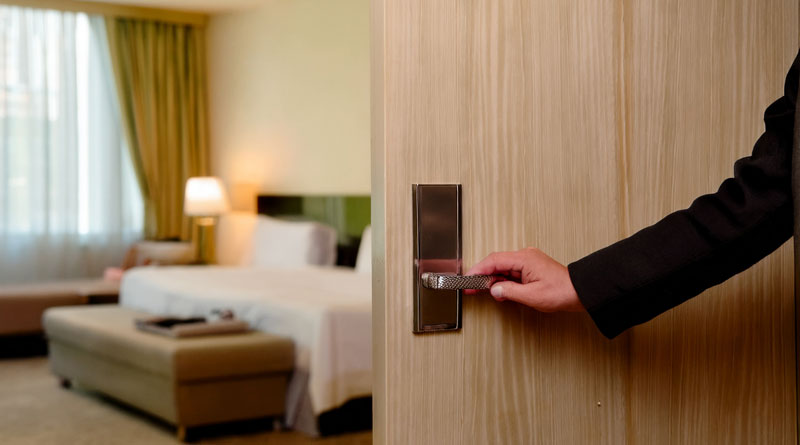Hotel Occupancy Flat as Room Rates Take a Hit in February

Hotel occupancy holds up year-on-year in February, but room rates take a hit as UK hotels have to work harder for less, according to the RSM Hotels Tracker.
The data, which is compiled and produced by Hotstats and analysed by RSM UK, shows occupancy of UK hotels was up slightly from 70.8% to 71.5% in February year-on-year, and from 72.8% to 73.1% in London.
Average daily rates (ADR) of occupied rooms in the UK decreased from £125.96 to £123.69 in February year-on-year, and from £180.89 to £171.87 in London.
As a result, revenue per available room took a hit of 5% in London and almost 1% in the UK and gross operating profits were down in London at 26% from 31% in February last year and down from 26% to 23% in the UK – highlighting a squeeze on the bottom line.
Chris Tate, partner and head of hotels at RSM UK, comments: “The hotel sector has been resilient. For over a year it has followed seasonal trends but seen incremental growth and higher than average room rates; but February saw the first knock to the topline. One month does not signal a downward trend in itself, but we know that labour costs are starting to bite, and this pressure will step up from April when the post-Budget increase in employers’ national insurance contributions and national minimum wage hit.
“As expected, last week’s Spring Statement gave no additional support for hotels or the wider hospitality sector, so businesses will need to navigate and adapt to the forthcoming headwinds. However, the OBR forecast did confirm an uplift in disposable income which could help to mitigate cost increases if consumers save less and treat themselves to get away in 2025.”
Thomas Pugh, economist at RSM UK, added: “The fact that real household disposable incomes, which are the best measure of aggregate spending power, grew by almost 2% in Q4 and by more than 4% as a whole over 2024. This puts households in a good position to start to ramp up consumer spending, if they are confident enough to switch from saving to spending.”
“The big risk is that a global trade war knocks the emerging recovery off course, sending inflation soaring again and depressing consumer confidence, keeping savings elevated and spending low.”
